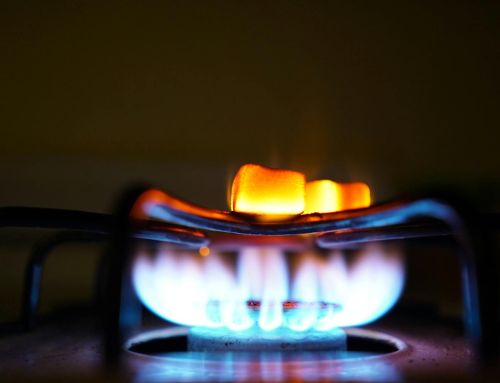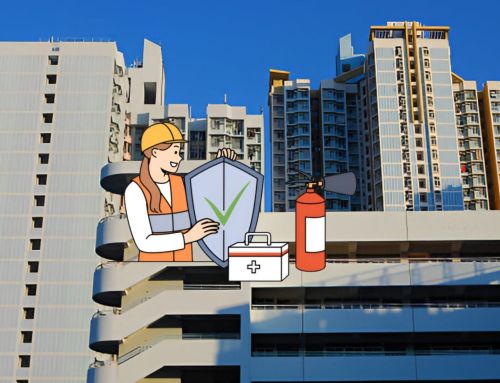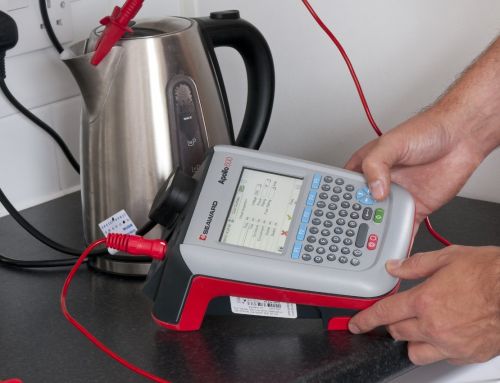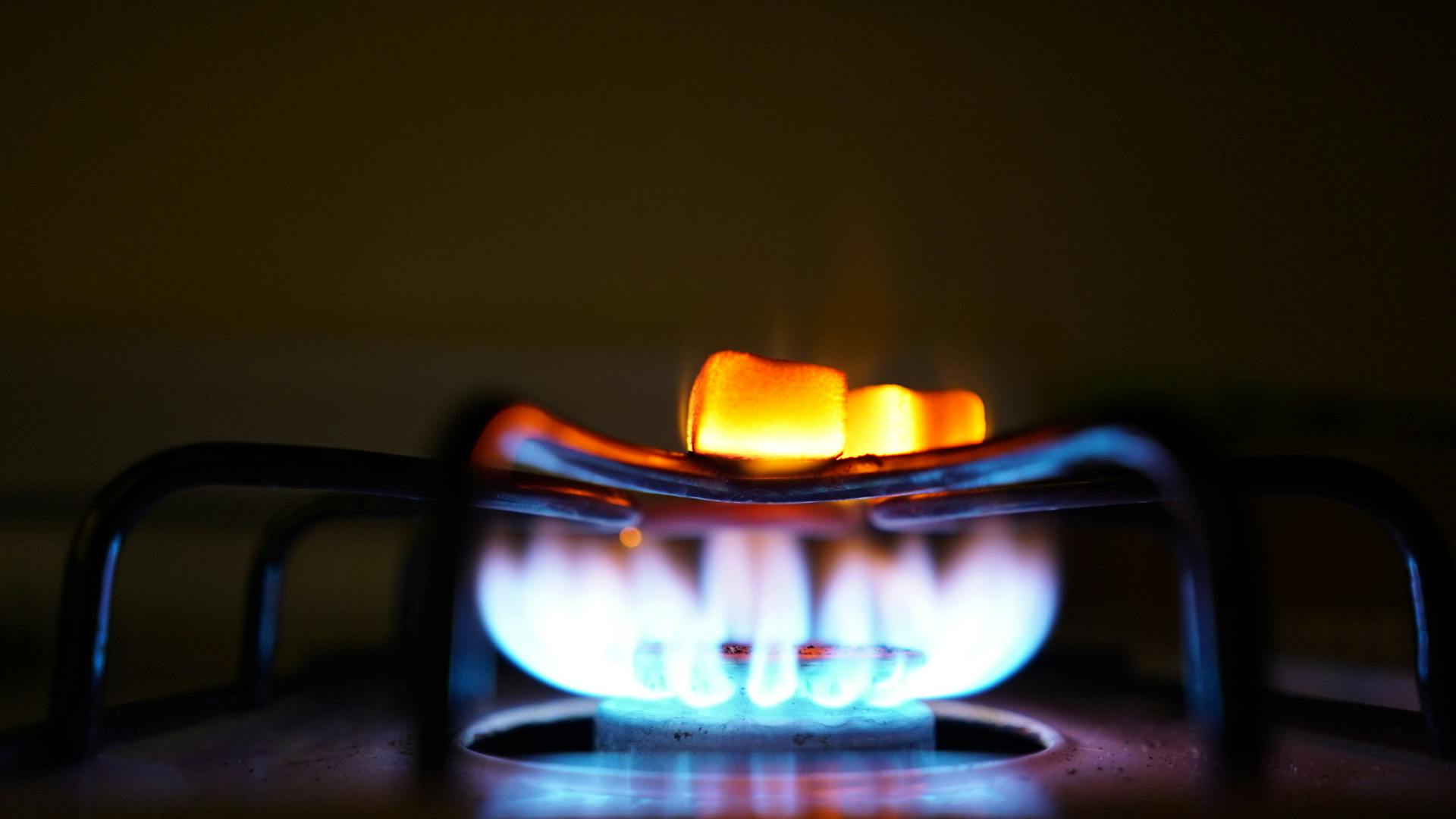
Ensuring gas safety in my home is a priority, and one key aspect that often comes up is the discussion around whether a Gas Safety Certificate is necessary.
The answer to this question holds significant weight for homeowners and landlords alike, influencing not only legal compliance but also the well-being of those residing in the property.
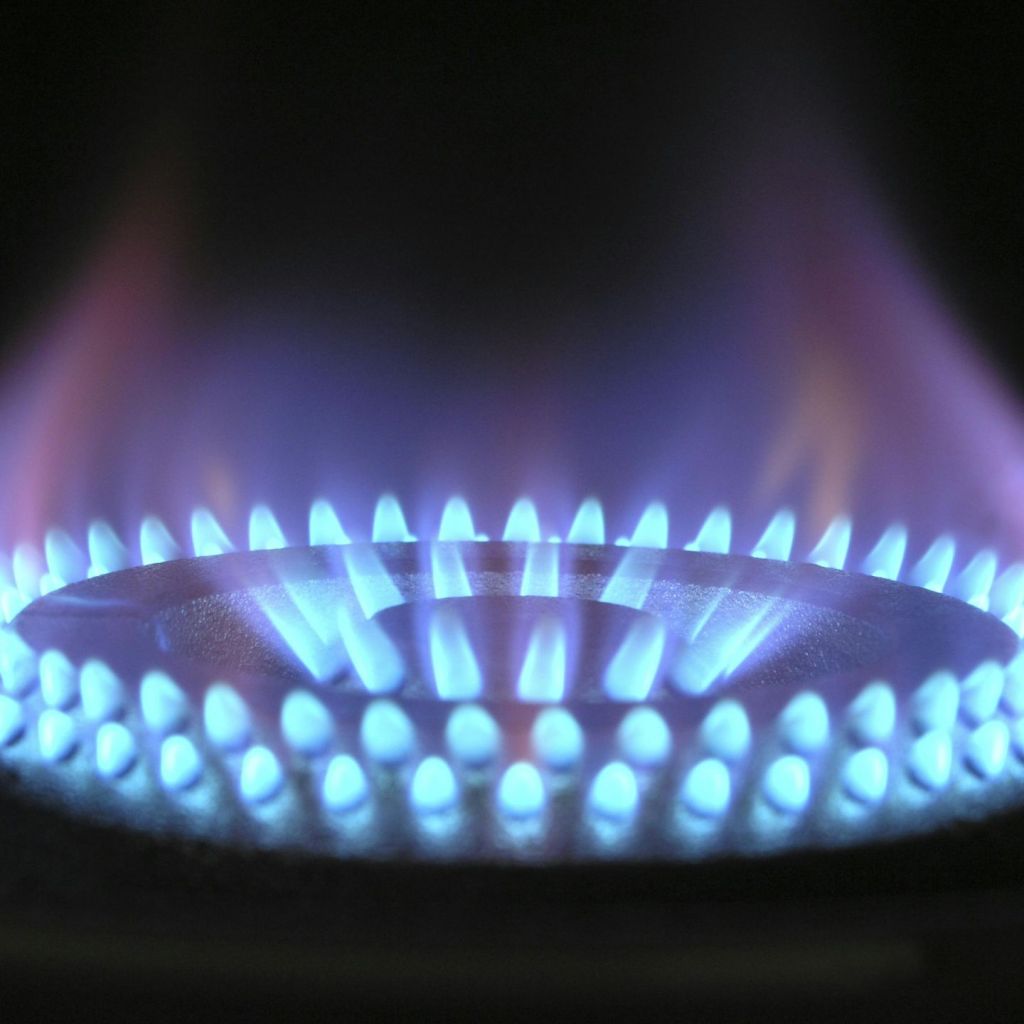
Stay tuned as we navigate through the nuances of this topic, shedding light on the implications and requirements surrounding Gas Safety Certificates.
Understanding Gas Safety Certificates
When obtaining a gas safety certificate, it’s imperative to understand the detailed requirements and processes involved to ensure compliance and safety. Homeowner responsibilities entail hiring Gas Safety registered engineers for thorough safety checks on gas appliances. Regular maintenance of gas appliances is crucial for efficient and safe operation.
Adhering to gas safety regulations not only guarantees compliance but also safeguards against potential hazards. Landlord obligations include obtaining gas safety certificates annually, covering all gas appliances, and ensuring proper documentation for tenants. Safety inspection tips involve checking for proper ventilation, burner pressure, flue flow, and functioning safety devices during inspections.
Legal Requirements for Landlords
Ensuring compliance with legal requirements, landlords are mandated to obtain gas safety certificates annually for all gas appliances within their rental properties. As part of their landlord responsibilities, it’s crucial to prioritize tenant safety through regular gas appliance maintenance.
Legal compliance is non-negotiable in this aspect, as failure to adhere to regulations can lead to penalties and legal actions. By obtaining gas safety certificates, landlords not only fulfill their legal obligations but also contribute significantly to the safety and well-being of their tenants.
Providing tenants with a copy of the gas safety record is essential, ensuring transparency and accountability in maintaining a safe living environment. Proactively engaging in gas safety checks not only aids in penalty avoidance but also demonstrates a commitment to upholding the highest standards of safety within rental properties.
Gas Safety Certificate Process
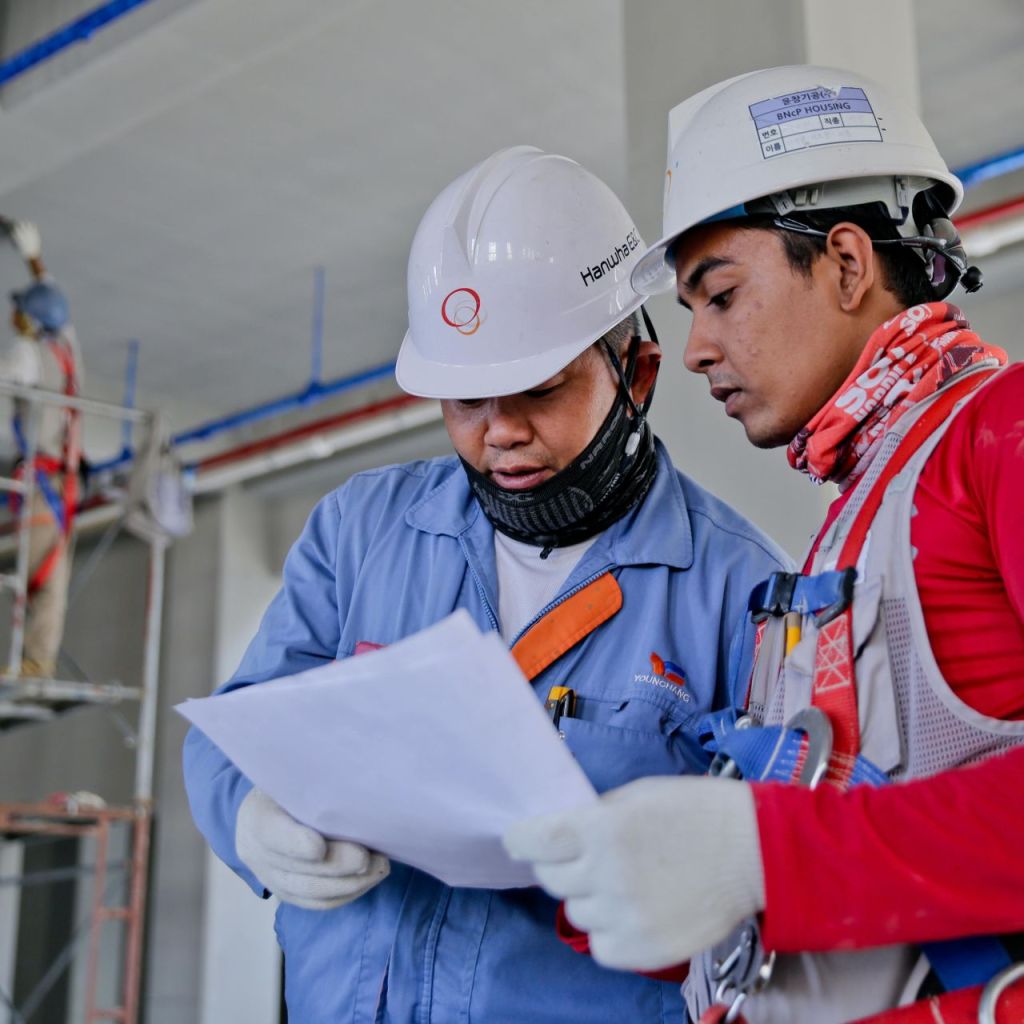
To initiate the Gas Safety Certificate Process, homeowners or landlords should promptly contact a Gas Safety registered engineer for a comprehensive inspection of the gas appliances. This step is crucial as it ensures that all gas appliances are thoroughly checked for safety and efficiency.
During the inspection, the engineer will meticulously examine ventilation, burner pressure, flue flow, and safety devices to detect any potential issues. It’s the responsibility of landlords to schedule this annual certification to comply with legal requirements and guarantee the safety of tenants.
The importance of this safety check can’t be overstated, as it not only ensures the safe operation of gas appliances but also aids in the early detection of any gas leaks or heating malfunctions. By conducting regular gas safety checks, landlords and homeowners can prevent accidents, save costs on repairs, and contribute to overall home safety. Therefore, prioritizing the Gas Safety Certificate Process is essential for both legal compliance and the well-being of occupants.
Importance of Regular Gas Checks
Initiating regular gas checks is imperative to uphold the safety and compliance standards for both landlords and homeowners. Conducting these checks provides numerous benefits, including ensuring the safe operation of gas appliances, preventing accidents, and saving costs in the long run.
By proactively monitoring gas systems, landlords and homeowners can detect potential issues early on, mitigating risks and maintaining a secure living environment. These safety measures aren’t mandated for homeowners but are highly recommended to enhance overall home safety and peace of mind.
Regular gas checks contribute significantly to the well-being of occupants and the property itself, aligning with legal requirements for landlords to provide safe rental spaces. Prioritizing these inspections is crucial for maintaining a secure living environment, avoiding hazards, and complying with regulatory standards.
Contents of a Gas Safety Certificate
The Gas Safety Certificate contains detailed information regarding the gas appliances, their placement, and any identified defects, providing a comprehensive record of the safety inspection. This essential document includes specifics on gas appliance maintenance, following safety inspection guidelines, ensuring compliance with regulations, outlining emergency repair protocols, and detailing gas leak detection measures.
Within the certificate, one can find a thorough description and placement of gas appliances, the engineer’s name, registration number, and signature, the date of the safety check, and the property address. Furthermore, any defects discovered during the inspection are recorded along with clear repair instructions. This meticulous record not only serves as proof of the safety check but also acts as a guide for addressing any issues promptly.
Frequently Asked Questions
Can Homeowners Perform Their Own Gas Safety Checks Instead of Hiring a Gas Engineer?
I can’t perform DIY inspections on gas appliances; it’s risky. Safety precautions matter. It’s crucial to hire a professional gas engineer. Homeowner responsibilities include regular maintenance and risk assessment. Ensuring safety and compliance is key.
Are There Any Specific Qualifications or Certifications That Gas Engineers Must Have to Conduct Safety Checks?
As a gas engineer, qualifications include Gas Safe registration. During safety checks, we inspect appliances, ensuring compliance. Legal requirements mandate annual checks. Neglect can pose risks, so regular maintenance is vital. Proper upkeep ensures safety.
What Should Tenants Do if They Suspect a Gas Leak or Safety Issue in Their Rented Property?
If I suspect a gas leak or safety issue in my rented property, I must follow emergency procedures by evacuating, contacting my landlord, not using any electrical devices, opening windows, and seeking professional intervention immediately.
Are There Any Government Programs or Subsidies Available to Help Landlords Cover the Cost of Annual Gas Safety Checks?
When it comes to covering the cost of annual gas safety checks, government subsidies may be available for landlords. It’s crucial to ensure proper qualifications of engineers, perform DIY checks, and prioritize periodic inspections for tenant safety.
How Often Should Homeowners Consider Getting a Gas Safety Certificate Even if It’s Not Mandatory?
Regular maintenance is crucial for safety. I recommend homeowners get gas safety checks annually for peace of mind. DIY inspections are not sufficient. Safety precautions include checking for carbon monoxide and knowing emergency procedures.
Conclusion
In conclusion, a Gas Safety Certificate is indeed mandatory for landlords to ensure the safety of their tenants. The legal requirements, process, and contents of the certificate are crucial aspects that must be adhered to in order to maintain compliance with gas safety regulations.
Regular gas checks are essential to prevent accidents and maintain the efficiency of gas appliances. By prioritizing gas safety, we can create a secure living environment for ourselves and our loved ones.

